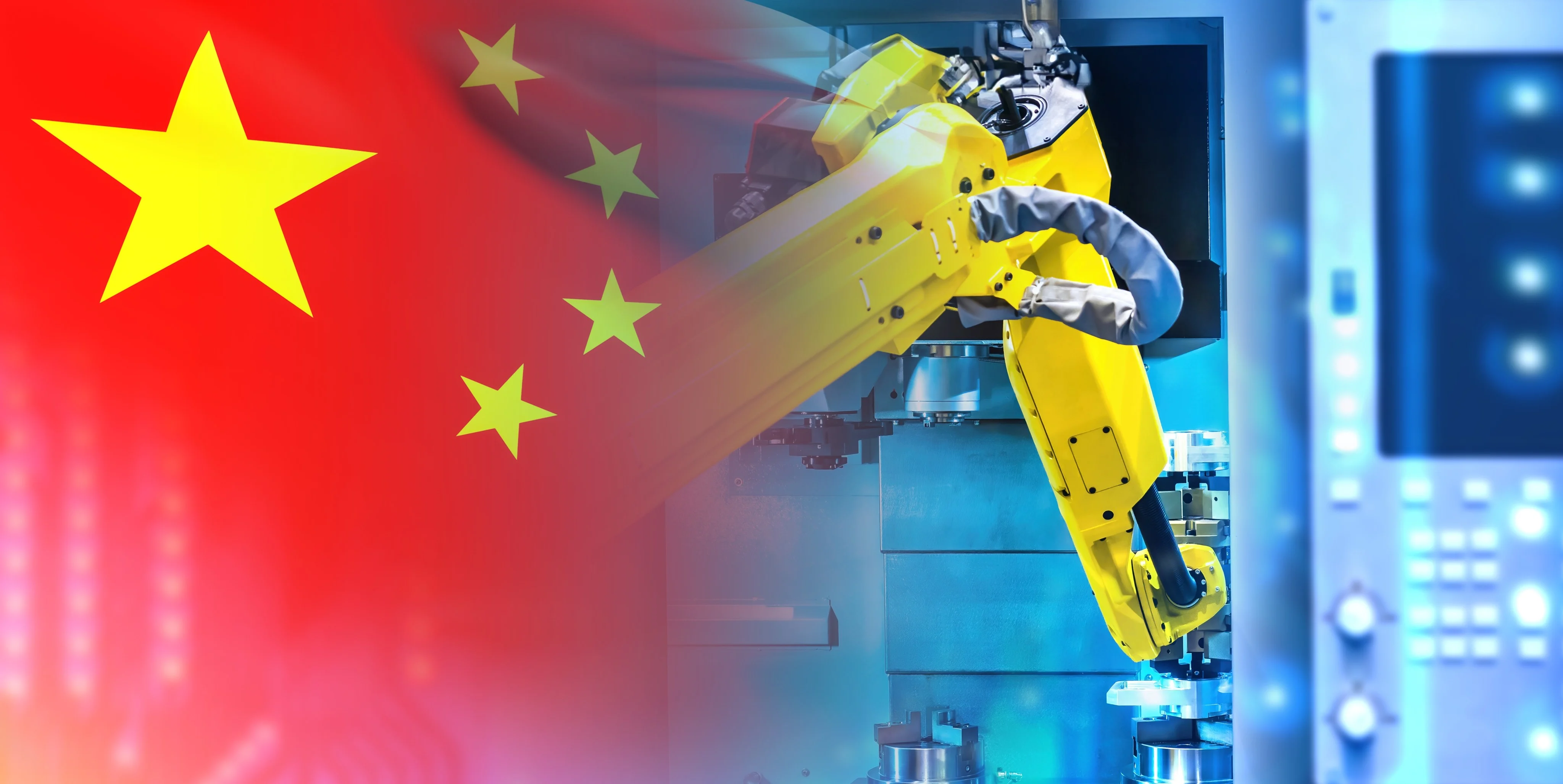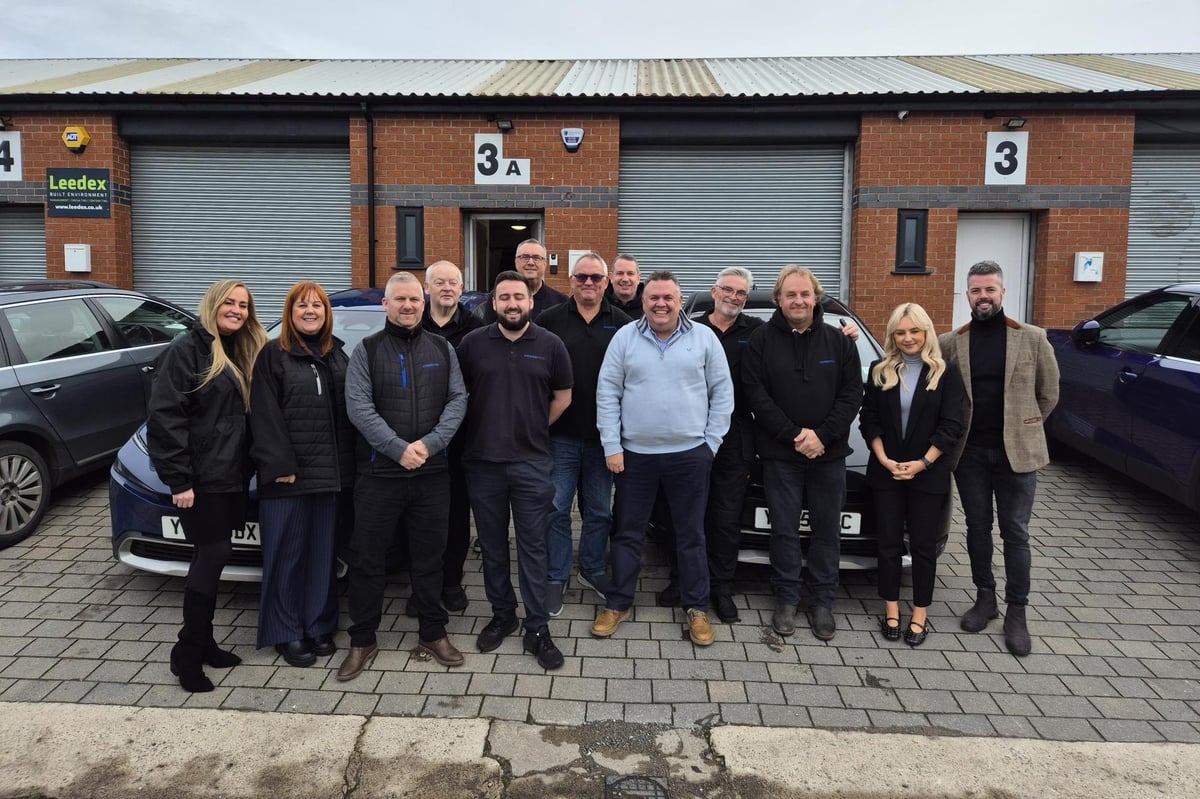Copyright scmp

China’s State Council has called for the faster development and wider rollout of large-scale testing and application environments for new technologies, as Beijing pushes to boost commercialisation and build a world-leading industrial base. The country should “focus on the frontiers of industrial development and key technological challenges, and prioritise the layout of new application scenarios in emerging fields and tracks, high-value niche areas and cross-regional and cross-sector domains,” according to a cabinet meeting chaired by Premier Li Qiang and reported by state news agency Xinhua. Participants also called for leveraging China’s vast market and diverse “application scenarios” to better align supply with demand. The comments came as the world’s second-largest economy strives for greater technological self-reliance and seeks to solidify its position as a manufacturing powerhouse amid Western export controls and intensifying global competition. The leadership’s priorities were also highlighted in a detailed proposal for the coming five-year plan following the fourth plenum in late October. The proposal urged “the launch of large-scale demonstration projects for new technologies, products and application scenarios to accelerate the scaling up of emerging industries”. It also called for building “a modern industrial system with advanced manufacturing as the backbone” and maintaining a “reasonable” share of manufacturing in the national economy – underscoring Beijing’s determination to cement its dominance in the sector. US export controls targeting China’s access to a range of critical technologies – including cutting-edge chips – became a significant source of leverage when trade tensions escalated in April. There was some progress on issues such as tariffs and port fees following last week’s meeting between President Xi Jinping and US President Donald Trump, but no breakthrough on a deal for the most advanced semiconductors. At Friday’s meeting, the State Council urged more opportunities to test and apply new technologies, stronger pilot projects and validation as well as the exploration of new business models to “create a full cycle from technological breakthroughs to industrial application”. Real-world application serves as a “bridge” linking technology with industry and connecting research with the market, playing a crucial role in “driving the large-scale commercialisation” of new technologies and products, the State Council said. Alongside building “hardware” such as infrastructure and platforms, the cabinet also called for supporting “software” – through laws, regulations and policies – to improve oversight and nurture a supportive innovation ecosystem.



